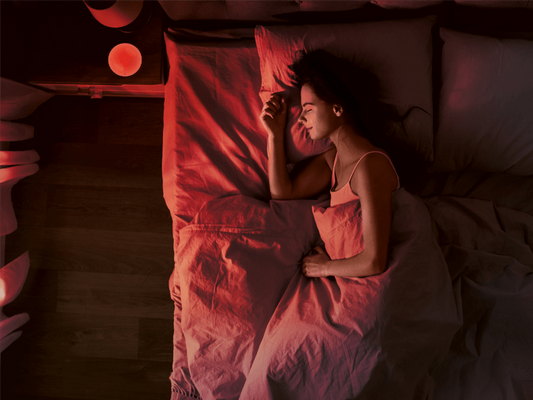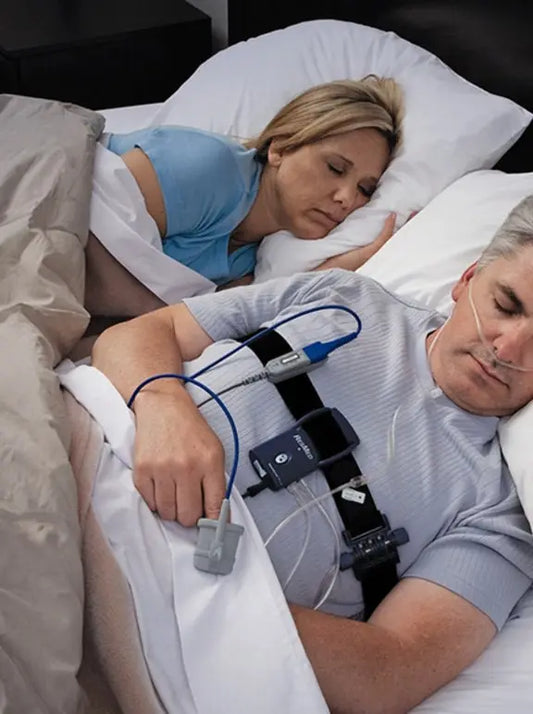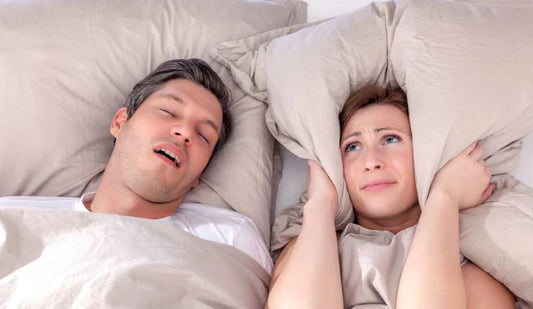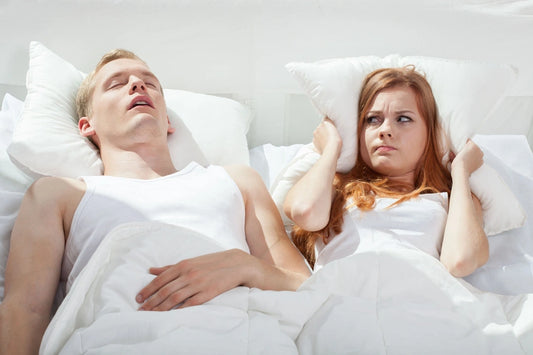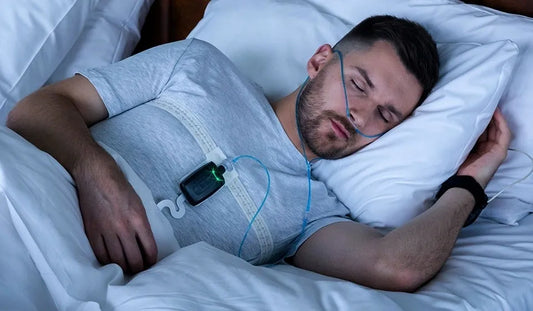Night sweats affect about 3% of the population and can be a sign of a serious illness.
In this article, we will discuss the common causes of night sweats in both men and women.
We will also talk about the consequences of night sweats if they are not taken care of early enough.
What are night sweats?
Night sweats are repeated episodes of extreme sweating that can make your sleepwear or bedding soak and are linked to an underlying medical condition.
However, if you maintain an unusually warm temperature in your bedroom or sleep with too many clothes on, you may sweat while you sleep, which is normal. It is also important to distinguish vasomotor flushes (heat and redness of the face or body) from true night sweats.
The hypothalamus in the brain regulates our body temperature, which leads to the stimulation of over 2 million sweat glands to help us stay cool. As watery sweat evaporates from the skin, it releases thermal energy, which cools the body.
While tuberculosis and lymphoma remain important diagnostic considerations in patients with night sweats, other diagnoses should be considered such as obstructive sleep apnea, which occurs when something partially or completely blocks the upper airway during sleep.
The diaphragm and chest muscles are forced to work harder to open blocked airways and draw air into the lungs. This reduces the flow of oxygen to vital organs, causing irregular heartbeats and increased sweating. We also cite human immunodeficiency virus, gastroesophageal reflux disease, hyperthyroidism, hypoglycemia and several less common diseases. Antihypertensives, antipyretics, drugs of abuse such as alcohol and heroin which can also cause night sweats.
In general, night sweats are also associated with fever, weight loss, localized pain, cough, diarrhea, or other concerning symptoms. Apart from these common causes for men and women, some causes of night sweats are specific to one or the other of the two sexes.
Night sweats: Causes in men
Testosterone level
Night sweats in men are sometimes linked to low testosterone levels. It is also called male hypogonadism. Testosterone is the main sex hormone in men.
It stimulates sperm production, supports sexual drive and helps build bone and muscle mass. Night sweats in men are not caused by external heat, but by the malfunctioning hypothalamus (temperature control center in the brain). The hypothalamus receives false signals (caused by a hormonal imbalance) indicating that the body is overheated and causes it to react immediately to eliminate this non-existent excess heat.

High levels of cortisol (stress), poor diet and poor physical condition can contribute to night sweats in men.
To help relieve night sweats and other symptoms of decrease in testosterones, your doctor may recommend hormone replacement therapy.
Night Sweats: The causes in women
Pregnancy?
The night sweats during pregnancy are caused by the rapid change of hormones in the body of the future mother. When the level of estrogen in the body drops, the hypothalamus reacts by directing the brain to heat the body.
This heat leads to excessive sweating. Because the hypothalamus also regulates your sleep cycles, this happens most often the night. Women may also sweat more after pregnancy to get rid of excess fluid. According to the American Pregnancy Association, a woman's body absorbs 50% blood and fluids organic during pregnancy to promote the growth of the baby.
This fluid is no longer useful after birth and the body gets rid of it through sweat and urine, so both can increase after childbirth.

Perimenopause and menopause
The hot flashes that come with the transition menopausal can occur during the evening and cause sweating.
This often happens in perimenopausal women, due to hormonal changes. It is important to remember that hot flashes and other symptoms of perimenopause can precede actual menopause (cessation of menstruation) by several years.
Night sweats also occur in the case of premature ovarian failure; this occurs when a woman's ovaries stop functioning normally before the age of 40.
To reduce the incidence of night sweats, it can be beneficial to stay healthy by maintaining an appropriate weight and following a balanced diet, sleeping in a well-ventilated room and wearing light clothing.< /p>
Hormone therapy may improve symptoms if lifestyle changes are not enough.
Night sweats what consequences?
Sweating at night is unpleasant to say the least. Waking up from a bout of cold sweats to find yourself cold and clammy can be uncomfortable, unhealthy, and make it difficult to return to sleep.
The quality of life of people suffering from night sweats is therefore extremely affected. As night sweats occur during the night, it's no surprise that they can impact sleep quality, causing mood swings such as anxiety and/or depression and negatively influencing the general quality of daily activities. Concentration at work may decrease. Relationships with others are also affected because the sleep deprived person becomes tired, irritable and angry.
When these sweats are repeated often enough, the health of the person becomes endangered. If you have reason to believe that you are sweating at night because of your medication or a health problem outside of age or gender - if you have other bothersome symptoms, for example - now is the time to see a doctor; if not, it is helpful to try lifestyle adjustments like meditation, relaxation exercises, moderate physical activity, a change in diet, and better sleep hygiene first.
>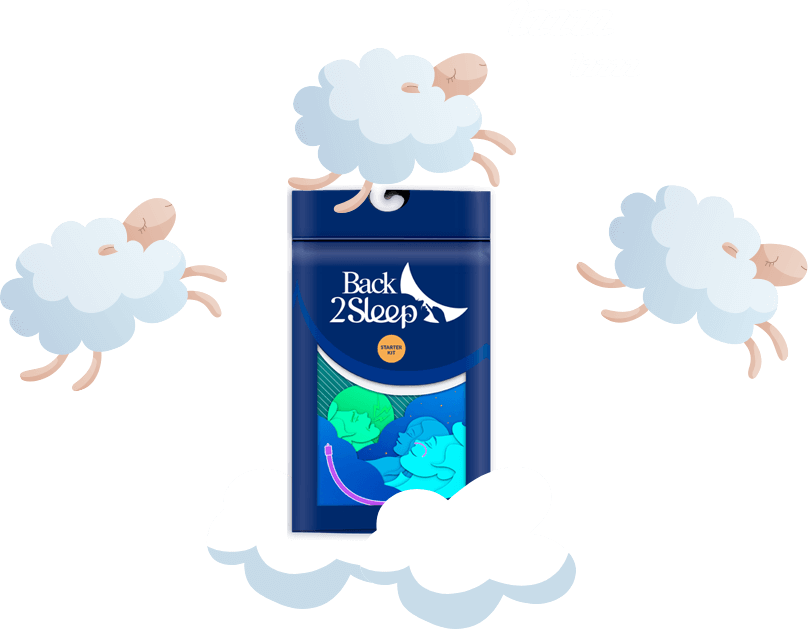
- Choosing a selection results in a full page refresh.
- Opens in a new window.


